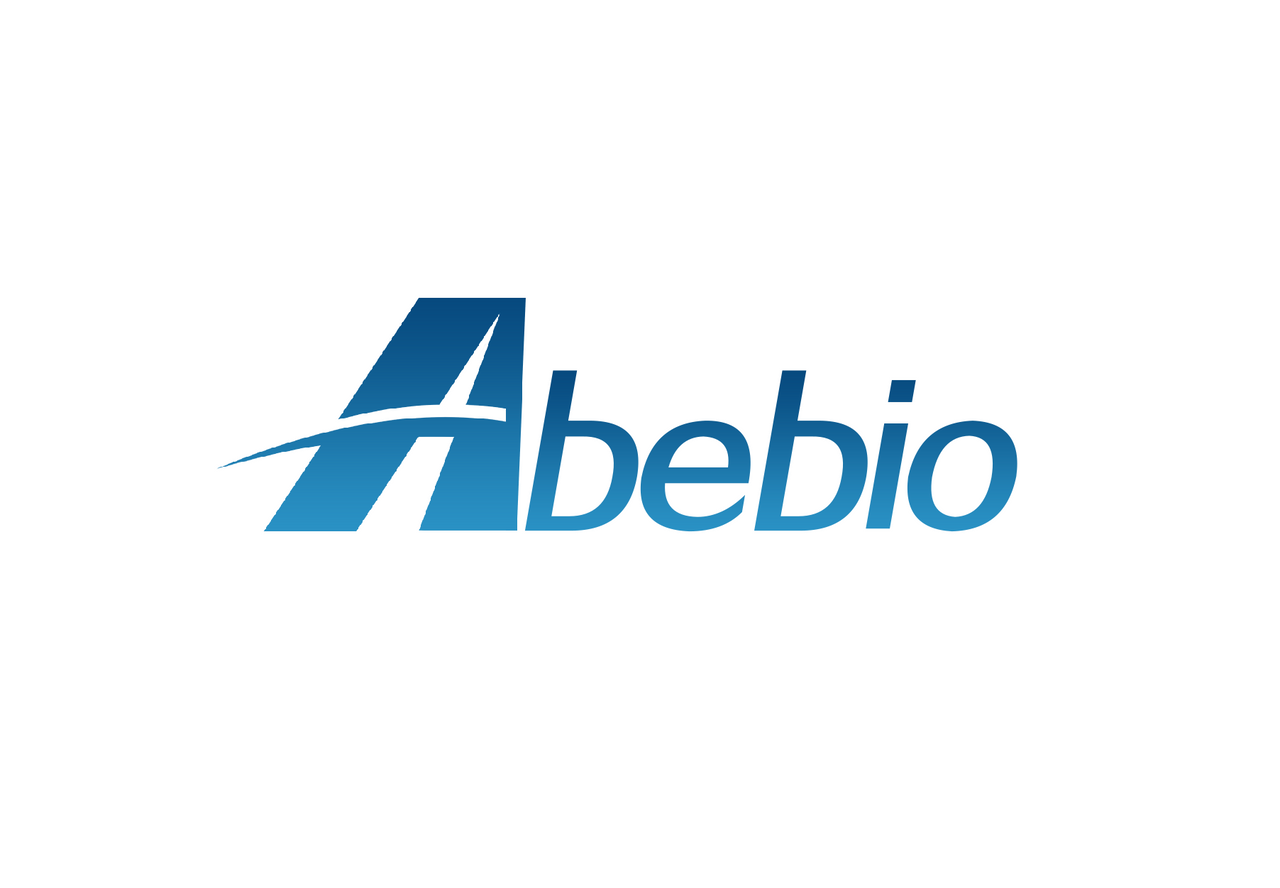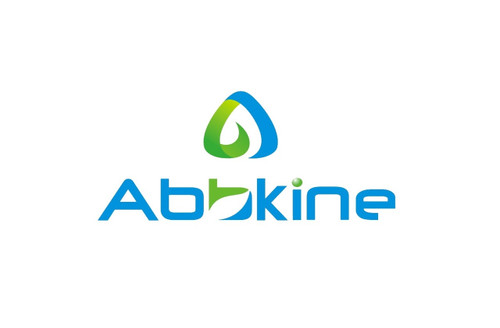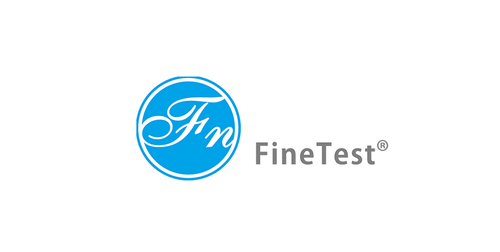Product Description
Mouse Interleukin 9 (IL-9) ELISA Kit | AE60765MO | Abebio
Species Reactivity: Mouse (Mus musculus)
Abbreviation: IL9
Alternative Name: HP40; IL-9; P40; T-cell growth factor p40|homolog of mouse T cell and mast cell growth factor 40|p40 T-cell and mast cell growth factor|p40 cytokine
Application: ELISA
Range: 0.781-50 ng/mL
Sensitivity: 0.27 ng/mL
Intra-Assay: ≤3.4%
Inter-Assay: ≤6.9%
Recovery: 0, 92
Sample Type: Serum, Plasma, Other biological fluids
Detection Method: Sandwich
Analysis Method : Quantitive
Test Principale: This assay employs a two-site sandwich ELISA to quantitate IL9 in samples. An antibody specific for IL9 has been pre-coated onto a microplate. Standards and samples are pipetted into the wells and anyIL9 present is bound by the immobilized antibody. After removing any unbound substances, a biotin-conjugated antibody specific for IL9 is added to the wells. After washing, Streptavidin conjugated Horseradish Peroxidase (HRP) is added to the wells. Following a wash to remove any unbound avidin-enzyme reagent, a substrate solution is added to the wells and color develops in proportion to the amount of IL9 bound in the initial step. The color development is stopped and the intensity of the color is measured.
Product Overview: Interleukin 9 is a cytokine (cell signalling molecule) belonging to the group of interleukins. Interleukin 9 (IL9) is a cytokine produced by T-cells and specifically by CD4+ helper cells that acts as a regulator of a variety of hematopoietic cells. This cytokine stimulates cell proliferation and prevents apoptosis. It functions through the interleukin-9 receptor (IL9R), which activates different signal transducer and activator (STAT) proteins and thus connects this cytokine to various biological processes. The gene encoding this cytokine has been identified as a candidate gene for asthma. Genetic studies on a mouse model of asthma demonstrated that this cytokine is a determining factor in the pathogenesis of bronchial hyperresponsiveness.
Stability: The stability of ELISA kit is determined by the loss rate of activity. The loss rate of this kit is less than 5% within the expiration date under appropriate storage condition. The loss rate was determined by accelerated thermal degradation test. Keep the kit at 37°C for 4 and 7 days, and compare O.D.values of the kit kept at 37°C with that of at recommended temperature. (referring from China Biological Products Standard, which was calculated by the Arrhenius equation. For ELISA kit, 4 days storage at 37°C can be considered as 6 months at 2 - 8°C, which means 7 days at 37°C equaling 12 months at 2 - 8°C) .
 Euro
Euro
 USD
USD
 British Pound
British Pound
 NULL
NULL








